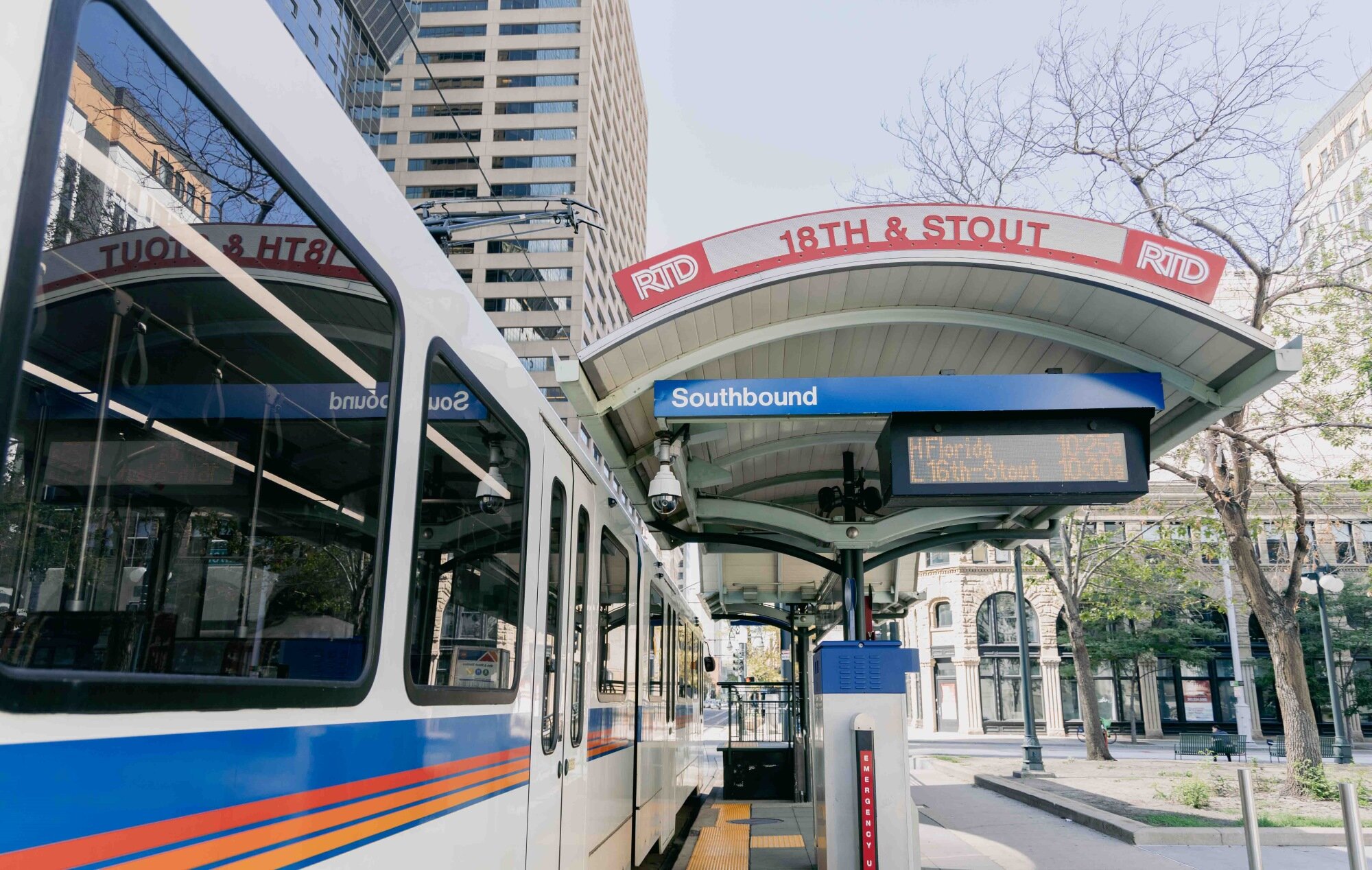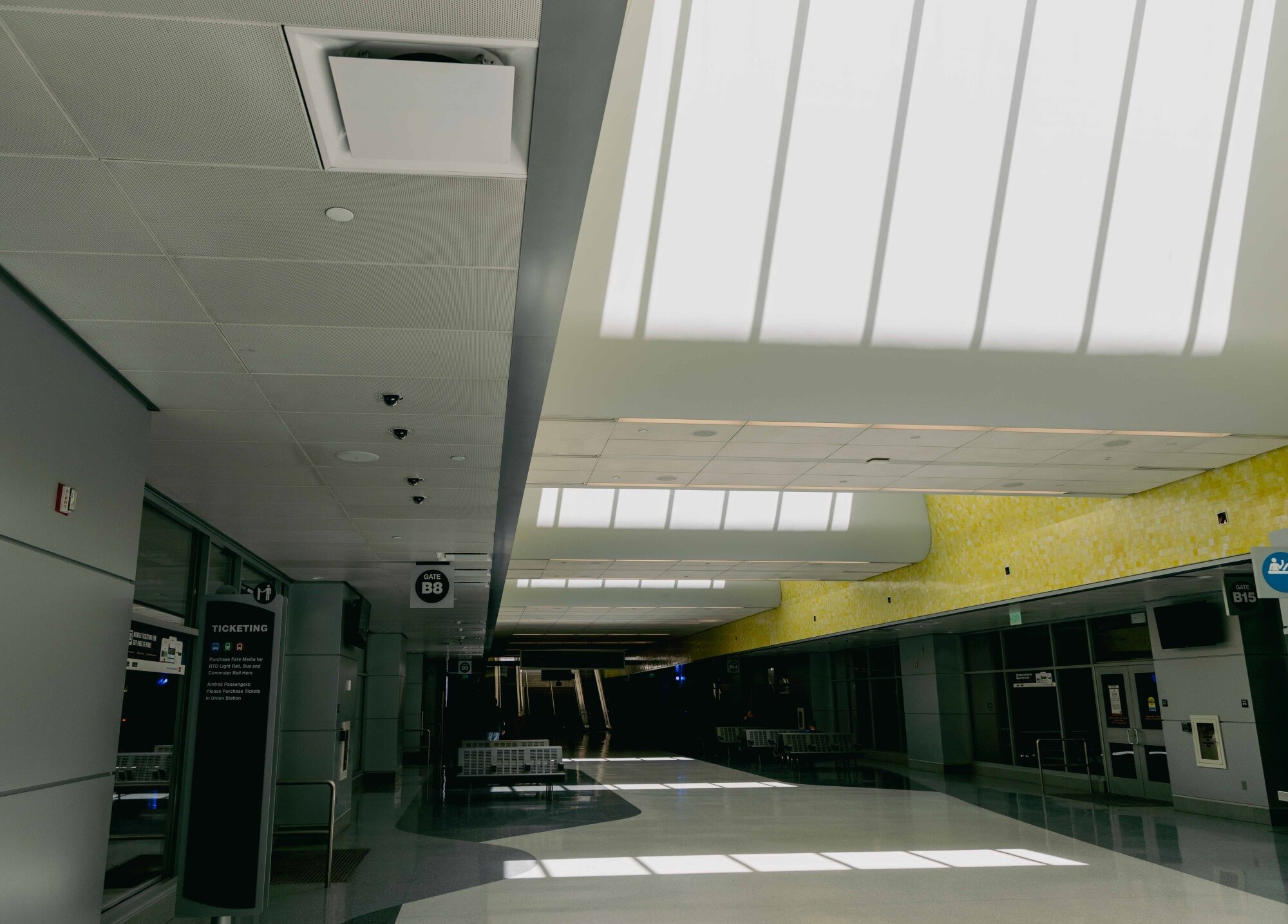With free fares for kids and major price cuts, RTD centers equity for the year ahead

DENVER — More than two dozen transit agencies in Colorado are participating in the “Zero Fare for Better Air” program this summer, which means free bus and train fares for hundreds of thousands of Coloradans until the end of August.
But the public transit party isn’t stopping any time soon for Colorado kids. Beginning in September, the Regional Transportation District (RTD) is piloting a one-year program that will allow riders 19 years old and younger to use RTD’s bus and rail services for free.
Previously, riders ages 6-19 could ride RTD public transit at a 70% discount (kids 5 and under could ride for free with a guardian).
“Zero Fare for Youth promotes equity by ensuring transportation is not a barrier to accessing education or employment,” RTD said in a press release. “The program also promotes equity and affordability by reducing costs and increasing cost competitiveness of public transit for families traveling together.”
Most of the funding for “Zero Fare for Better Air” comes from HB23-1101, which was signed into law in April of this year. RTD expects the free trips for kids to cost upwards of $4 million. The program ends Aug. 31, 2024, but RTD said it is “seeking funding partners to support the continuation of the program after the pilot.”

Many students — particularly those in the Denver Public School system — rely on RTD to get to and from school. As Chalkbeat Colorado reported, most high school students are not able to ride the yellow school bus service. Instead, DPS provides RTD passes to students who attend their neighborhood school, but only if that school is more than 2.5 miles from their home. Some individual schools use their own budgets to buy passes for students who don’t qualify for a RTD pass provided by the district.
Under the zero fare program, this is no longer an issue. The program is part of a new fare structure and “equity analysis” that the RTD Board of Directors approved in July. For most passengers, the price of tickets is decreasing.
RTD’s decision was welcome news for Carlo de la Fuente. Rocky Mountain PBS met him at Union Station’s bus terminal. He said he relies on public transit “daily,” using a combination of buses and trains to get to and from work.
“I can pay $6 per day or I can spend $114 for the [monthly pass],” he said. “If I have $114, then I use that one.”
Fortunately for de la Fuente and other frequent travelers, the monthly passes will soon be more affordable. Next year, the price is decreasing from $114 to $88 dollars. The monthly pass will be just $27 for certain riders, like those 65 and older or income-qualified passengers.
De la Fuente has been using public transportation in Denver for about a year. He started riding the bus and train last year during the inaugural “Zero Fair for Better Air,” when it only covered trips taken in August. He said the fact that July and August were covered in 2023 was “really cool” — he’s saved more than $100.

The bus terminal at Union Station in Denver. Photo: Peter Vo.
“RTD is removing barriers to transit access and reconciling longstanding concerns from customers and the community regarding the high cost and complexity of fares currently in place,” RTD’s general manager and CEO Debra A. Johnson said in a news release. “I am grateful for the thoughtful, comprehensive and purposeful work by staff, and I extend my thanks to the thousands of people across the region who shared their thoughts and ideas over the course of this important project.”
But what could make transit even better? “Keep your trash in your backpacks or leave it in the trash cans, because sometimes it looks really disgusting,” de la Fuente, 24, said with a chuckle. But overall, he gives RTD services a nine out of 10.
The new fare structure and other changes begin the first quarter of 2024, according to RTD.
Kyle Cooke is the digital media manager for Rocky Mountain PBS. You can reach him at kylecooke@rmpbs.org.